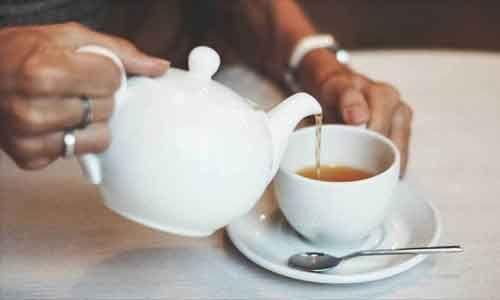China: Tea Consumption and Depression in the Elderly
Consistent and frequent tea consumption may effectively lower the risk of depression in the elderly, a recent study in the journal BMC Geriatrics has suggested. The study was based on a nationally representative sample in China.
Depression is one of the most common mental disorders that occurs among older adults, causing great suffering in later life—affecting 7% of the older adults worldwide. It is characterized by a persistent feeling of sadness or a lack of interest in outside stimuli. Despite accumulating evidence on the protective effect of tea consumption against depression, there are limited studies focusing specifically on the elderly population.
Ke Shen, School of Social Development and Public Policy, Fudan University, Shanghai, China, and colleagues examined the association between the frequency and duration of tea drinking and depressive symptoms of older adults by gender and age groups, based on a nationally representative sample in China.
For the purpose, the researchers employed the panel data from 2005, 2008/2009, 2011/2012, and 2014 waves of the Chinese Longitudinal Healthy Longevity Survey (CLHLS) and included 13,000 individuals. Frequency and consistency of tea drinking behaviors were used to identify four types of tea consumption amongst Chinese seniors. Depressive symptoms were assessed by a five-item scale.
Key Findings of the Study
- Consistent and frequent tea-drinking was associated with significantly less depressive symptoms and such impact was partially mediated by socioeconomic status, health behavior, physical health, cognitive function, and social engagement.
- The association was only significant for males and the oldest-old, rather than females and younger elders.
"According to our study, regular tea consumption was associated with significantly less depressive symptoms for Chinese old people, even after adjusting for their socioeconomic status, lifestyle, health status, and social engagement. Also, the protective role of tea-drinking was strong for the males and younger elderly," wrote the authors.
"The promotion of the traditional lifestyle of tea drinking could be a cost-effective way towards healthy aging for China," they concluded.
The study, "Association between tea consumption and depressive symptom among Chinese older adults," is published in the journal BMC Geriatrics.



0 Comments
Post a comment
No comments yet. Be the first to comment!